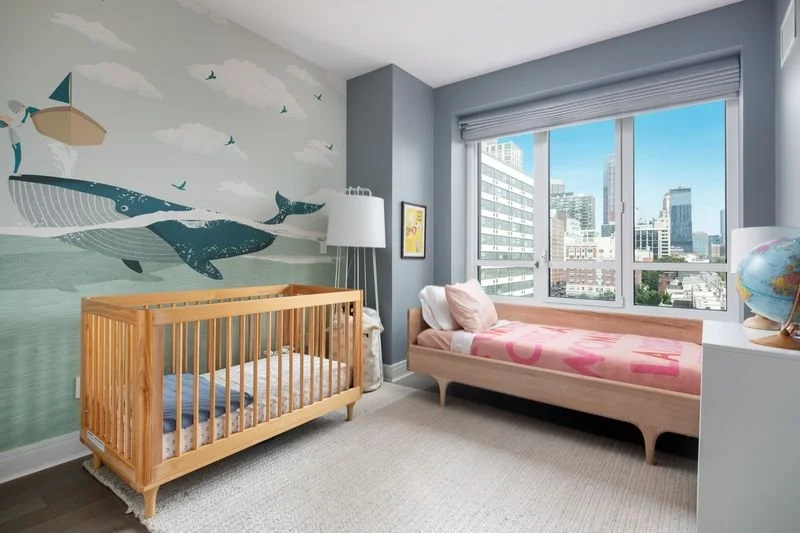Fair Housing Law and Assistance Animals: What You Need to Know
The Fair Housing Act (FHA) requires that housing providers don’t discriminate against people with disabilities. Disabled people are those with physical or mental impairments that substantially inhibit one or more major life activities. Emotional support animals offer comfort, companionship and support for individuals with mental and emotional problems. Housing providers need to make accommodations for them as a result of the FHA, even if they don’t allow pets.
ESA Housing Letter
If you have an emotional support animal, you will need an emotional support animal housing letter that explains your need for one. It needs to be issued by a licensed healthcare provider or mental health professional. When you look for housing that doesn’t normally allow pets, you need to provide this letter.
If your request for accommodation of an emotional support animal is reasonable, the housing provider has to accept it. A landlord has to waive rules such as pet bans and restrictions, including breed, size or weight of your animal if you have an ESA housing letter.
The ESA letter should appear on the licensed healthcare provider’s letterhead, and the provider should sign and date it. It should provide the contact and license information of the provider. The letter should state that the person has an emotional or mental impairment and needs the ESA to alleviate the symptoms or effects of the impairment. When a landlord is presented with such a letter, confirming that it is accepted shouldn’t take too long.
Difference between service animals and assistance animals
Many people still confuse emotional support animals with service animals, but there are some significant differences between them. Service animals receive formal training so they can perform certain tasks for individuals with disabilities. These disabilities may include physical ones, such as blindness or deafness or intellectual ones, such as autism. Service animals are allowed in schools, public places, and airplanes where other animals, including ESAs, are not allowed.
ESAs help to relieve loneliness and provide companionship. They can help people with anxiety, depression and phobias. Businesses and public places do not have to accommodate ESAs and can deny them access. While airlines have to allow service animals on flights, they have discretion over whether to allow emotional support animals or not.
Look through your local pet services directory to find professionals who can help you register your emotional support animal and guide you through the process. Many providers also offer training and support to ensure your ESA is well-behaved and can accompany you when needed, within legal guidelines.
What is a reasonable accommodation?
According to the FHA, a person with a disability should have equal opportunity to use and enjoy a dwelling, including public and common use spaces. This doesn’t mean that a landlord has to allow your emotional support animal to go into all rooms, like gyms or the apartments of other tenants. However, it should be permitted to walk through the building. The support animal shouldn’t cost extra, even when there’s a no pets policy in place. The landlord isn’t permitted to charge fees or deposits in respect of an ESA.
You are responsible for the behavior of your ESA
You may have a right to an ESA, but you are responsible for its behavior. If your support animal causes damage to your apartment, the landlord may charge you for the damage. If your ESA is a pit bull and it mauls a neighbor’s dog, you are responsible. If you have a miniature pig that urinates on the carpets in your apartment, you will probably have to cover the costs of deep cleaning.
Can a landlord legally reject an ESA?
Landlords must engage in dialogue with a tenant making an ESA request. They must allow tenants an opportunity to offer information confirming their disability and the need for an ESA before denying a request. This doesn’t give them the right to ask for extensive details about a disability, request medical records or require a medical examination. There are a few situations in which a landlord can legally reject an ESA.
If your ESA letter is illegitimate, it could be rejected. In at least 23 states, it’s a criminal offense to claim that an animal is an emotional support animal when it is not.
If an emotional support animal causes financial hardship, danger or a risk to health, your request for accommodation could be rejected. The size of your ESA could pose a problem as it may require making an unreasonable accommodation.
If you ask for the best unit in a complex with a balcony at no extra cost because your emotional support animal needs more space, this is not a reasonable request. It places a financial burden on the landlord as it isn’t critical to your health or that of your ESA.
Housing where the FHA doesn’t apply
The Fair Housing Act applies to most accommodations, but it does not apply to owner-occupied buildings with four units or less. It doesn’t apply to single-family homes rented by the owner without the use of an agent. Housing owned by religious organizations or private clubs that rent exclusively to members is also exempt.






